6th June 2024
The NSW Government recently announced a Joint Standing Committee on Arts and Music Education and Training, which will inquire into and report on (by November 2024) these issues.
Update 26th July: AMA Submission
This enables an election promise to hold an inquiry into music education, which has since been expanded to include ‘arts’ and ‘training’ but retain a specific focus on music education.
The scope of this committee’s inquiry is reasonably broad, covering the public school system, regional conservatoriums, training organisations, arts organisations, music education in general, and other matters.
Submissions will be open to the public and the AMA will prepare a submission. We expect them to be due in late July. The committee is scheduled to report by 29th November, 2024.
Committee members are Kevin Anderson (National), Abigail Boyd (Greens), Liza Butler (ALP), Anthony D’Adam (ALP), Julia Finn (ALP), Judy Hannan (Independent), Joe McGirr (Independent), Jacqui Munro (Liberal), and Emily Suvaal (ALP).
The AMA is involved in the Music Education: Right From The Start initiative, which has advocated for greater focus on the provision of music education in the NSW public school system in particular, and to improve access to quality music education across Australia.
Read more about the committee | about Music Education: Right From The Start
The terms of reference are:
(a) the quality and effectiveness of arts and creative industries education, including:
(i) progress towards a long-term goal of quality arts and creative industries education
(ii) the present level and status of formal arts and creative industries education across all levels, including primary, secondary, and tertiary levels
(iii) robust and evidence-based arts and creative industries education in initial teacher education courses in the tertiary sector
(iv) the role of arts organisations and creative professionals in education and the development of creative skills across the arts
(v) the contribution of the national performing arts training organisations in New South Wales and the adequacy of the support they receive
(vi) the efficacy of the current primary and secondary school curriculum in delivering learning outcomes in arts and creative industry-related subjects
(vii) the availability of support for teachers and principals in delivering quality arts education, and ensuring that an inclusive approach is taken towards resource allocation for regional schools across New South Wales
(viii) the most effective approach for the arts, culture, and creative industries to co-ordinate with the education system to support the development of creative skills
(ix) ways that students can learn entrepreneurial skills and gain industry experience to ensure they are job-ready
(x) measures of success in arts education
(xi) factors influencing student decisions to pursue further arts education, including but not limited to course choice, course location and the method of study
(xii) notable approaches to arts and creative industries education in other jurisdictions
(b) the quality and effectiveness of music education and training, including:
(i) progress towards a long-term goal of quality music education, including actions to address identified barriers
(ii) the present level and status of formal music education across all levels, including primary, secondary, and tertiary levels
(iii) robust and evidence-based music education in initial teacher education courses in the tertiary sector
(iv) the role of regional conservatoriums and creative professionals in music education
(v) the efficacy of the current primary and secondary school curriculum in delivering learning outcomes in music related subjects
(vi) the availability of support for teachers and principals in delivering quality music education and ensuring that an inclusive approach is taken towards resource allocation for regional schools across New South Wales
(vii) the most effective approach for the music and the creative industries to co-ordinate with the education system to support the development of creative skills
(viii) ways that students can learn entrepreneurial skills and gain industry experience to ensure they are job ready
(ix) measures of success in music education
(x) factors influencing student decisions to pursue further music education, including but not limited to course choice, course location and the method of study
(xi) notable approaches to music education in other jurisdictions, and
(c) any other related matters.
